
While I was walking around Computex's show halls earlier this year, I was bowled over by the prowess of X570 boards on display. Motherboard manufacturers had clearly added AMD to their top-tier motherboard ranges, and for the first time in over a decade, super-premium boards offer AMD socket support - even the Asus Impact decided to make a return on Socket AM4. This is great news for consumers, as it's now no longer just Intel that has the best boards for mainstream-socket CPUs.
However, with this revelation and AMD's apparent success came one significant issue - few of them are even remotely affordable. PCIe 4.0 support meant that a general price hike versus X470 was expected, and there are also rumours of AMD chipping in to the development budget of the Phison PCIe 4.0 SSD controller to get it out the door in time for 3rd Gen Ryzen's launch, which may also partly account for it. Regardless, a £100+ hike from the 2017 and 2018 Asus Crosshair Hero pricing to the current Crosshair VIII Hero is hefty indeed, and the Crosshair VIII Formula, despite being a fairly standard pre-water cooled motherboard, is one of the most expensive motherboards we’ve reviewed, close to £200 more than its current Intel equivalent.
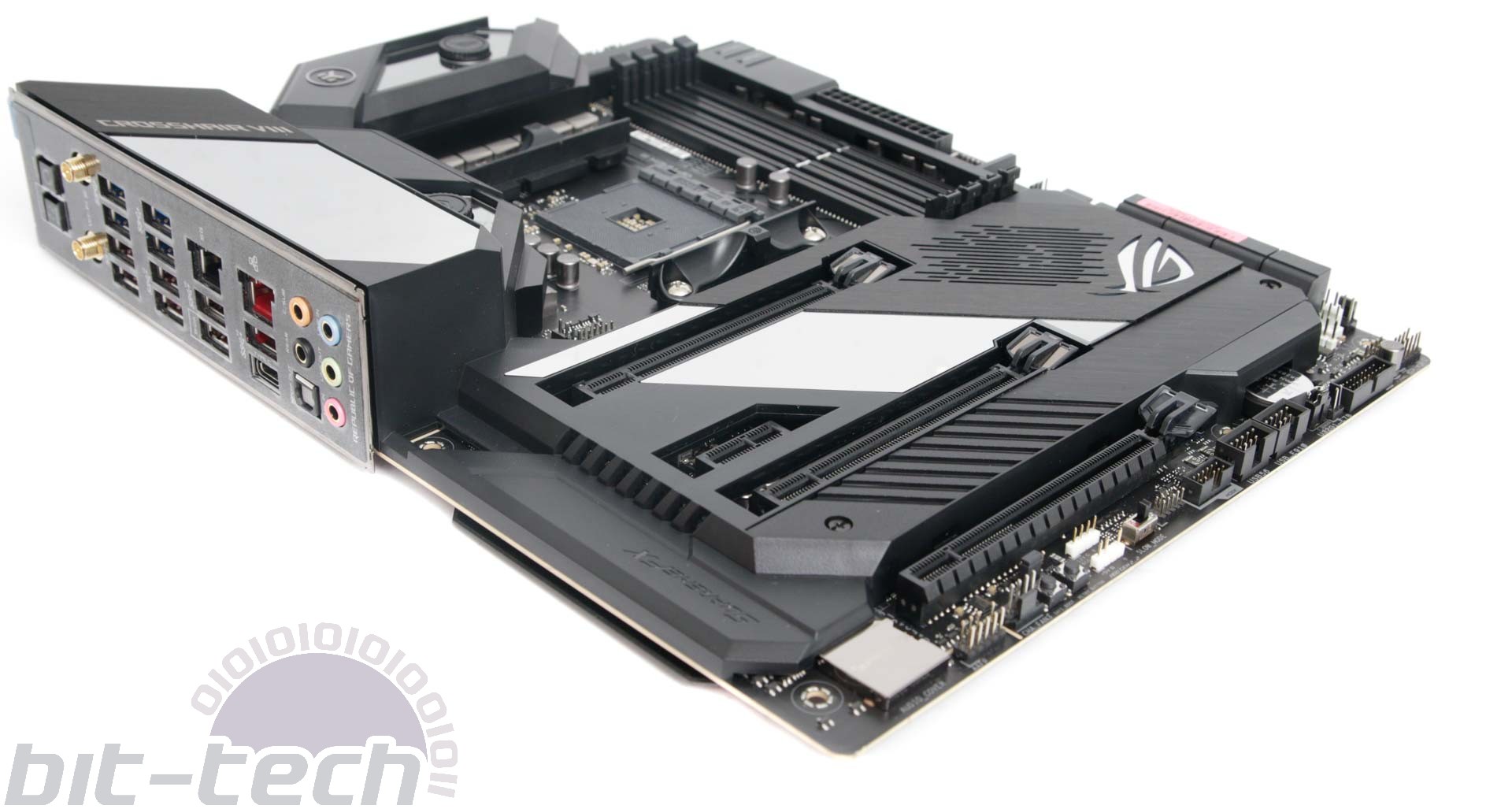
Of course, AMD has given us a pretty big clue as to the reasoning behind these price hikes, which is that X570 is not a replacement for X470. This can mean only one thing: AMD is targeting the premium end of the market i.e. buyers who like to keep their systems sporting the latest and greatest hardware. With X570, that means two main things. Firstly, there’s PCIe 4.0 support, which means you can use the fastest M2 SSD out there. Secondly, you get motherboards designed ground-up to handle CPUs that give many HEDT models a bloody nose; the 12- and soon-to-be 16-core 3rd Gen Ryzen monsters offer giant leaps in mainstream content creation performance.
These factors will make X570 a draw to customers from both the true HEDT market and the high-end mainstream market, and rightly so. However, there are downsides to AMD’s positioning here. For one thing, plenty of X470 motherboards are equally capable of running the most powerful 3rd Gen Ryzen CPUs, meaning that if you don’t need PCIe 4.0 support, dropping in a Ryzen 9 3950X come September should see it work just fine. More importantly, though, my second issue is that all those fantastic, well-specced X570 motherboards are simply out of reach for most of us.
This is a great shame, because the great shift of motherboard manufacturers now offering their latest super-premium models on Socket AM4 isn't likely to translate to large sales figures. I’ll admit that the lure of a 2TB PCIe 4.0 SSD, one of the new mini-ITX motherboards, and AMD’s Ryzen 9 3950X still has my wallet quaking with fear in the corner, but I dread to think what one of these motherboards will cost when even the simpler models are retailing for over £200. Asus Impact boards, for example, have historically been hugely expensive items even at the £150-200 they usually demanded, but now I can’t see the latest model (admittedly mini-DTX) giving you much change from £350.
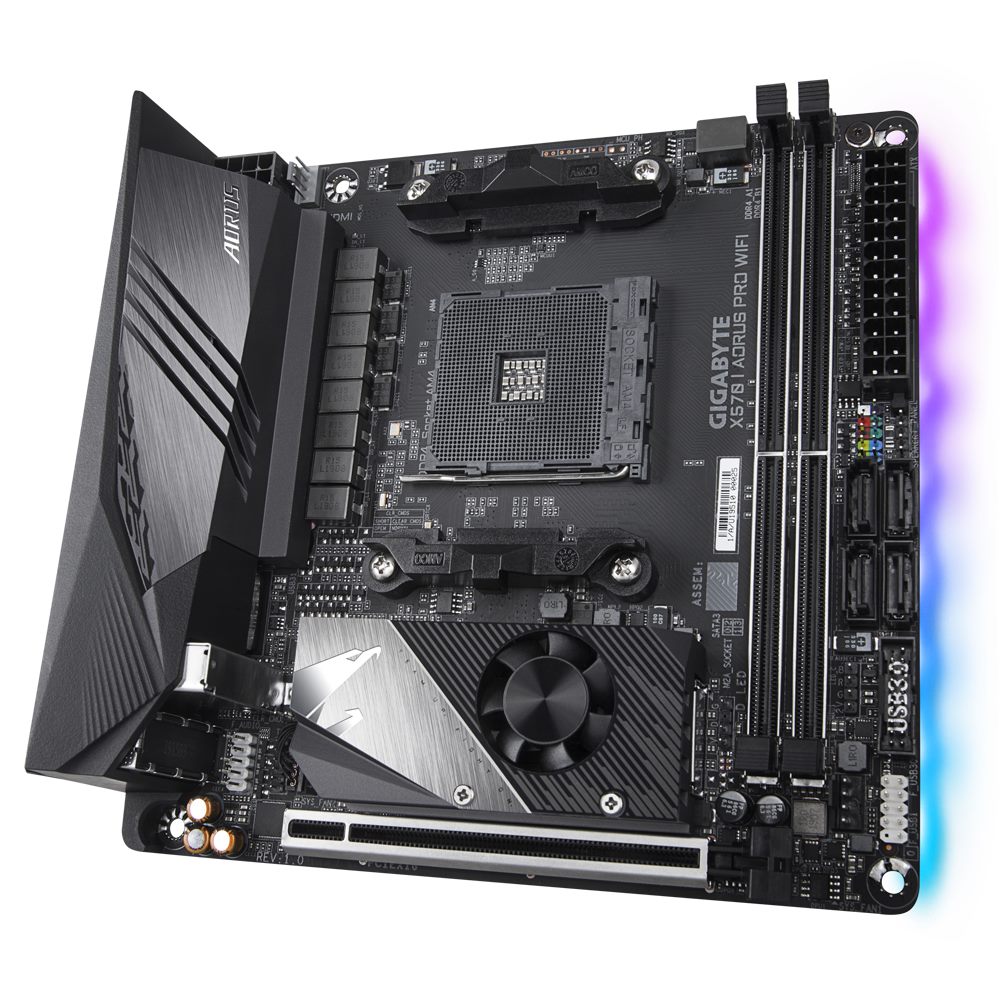
The crux of the issue is that these premium models have arrived onto a chipset that itself demands a considerable premium from the get-go, making the impact on pricing particularly massive - Z390 boards are cheap by comparison, and that's saying something. There are still plenty of great options when it comes to X470, but it would've been great to see some refreshed designs on the older chipset that would have given users who aren't interested in PCIe 4.0 some more realistic premium motherboard options to pair with their new 12- or 16-core CPU. After all, outside of improved SSD speeds, the practical benefits of PCIe 4.0 are few and far between, and they're likely to remain so for some time. It's also not as if PCIe 3.0 SSDs are particularly slow.
I’m not saying AMD should always be offering budget-focussed hardware – far from it. It’s great to see it capitalising on new technology, both in terms of CPUs and PCIe 4.0 support, and giving enthusiasts real reasons to upgrade. However, for me these high prices make me worry that it won’t be able to fully capitalise on the huge support motherboard manufacturers have shown for X570 and 3rd Gen Ryzen. Only time will tell if end users drop their new 3rd Gen Ryzen CPUs into 400-series boards or if the lure of some of the exotic X570 boards results in bumper motherboard sales too.

MSI MPG Velox 100R Chassis Review
October 14 2021 | 15:04

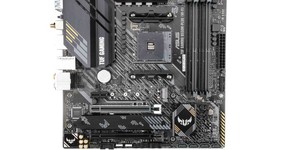
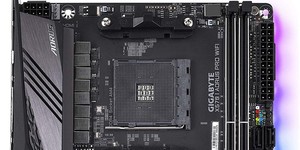
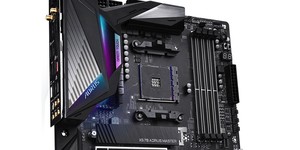




Want to comment? Please log in.